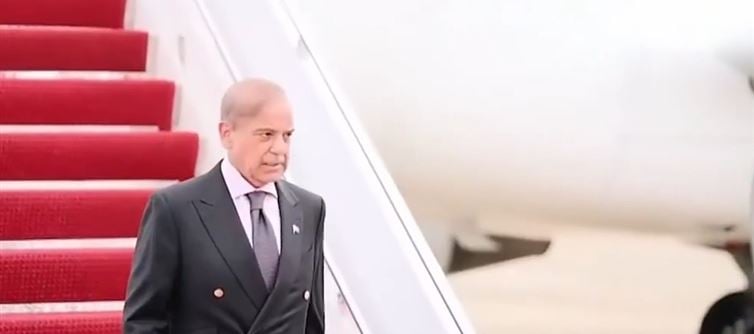
US President donald trump recently welcomed Pakistan’s prime minister Shehbaz Sharif and army Chief General Asim Munir to the White House, signaling a rapid thaw in Washington-Islamabad relations. Meanwhile, india faces new tariffs, even though trump has called Modi a “friend.”
So what went wrong? Why is pakistan building bridges with the U.S., Russia, China, and turkey while india struggles to protect its own economic and strategic interests? The uncomfortable answer lies in the priorities of India’s foreign policy.
1. Operation Sindoor: Pakistan’s Strategic Pivot
Following recent military and diplomatic maneuvers, pakistan has successfully aligned itself with multiple global powers. From Washington to Moscow, beijing to Ankara, Islamabad is actively leveraging its geopolitical position. While critics question the optics of this alignment, the fact is that pakistan is now part of several international conversations where India’s voice seems muted.
2. Trump Tariffs: Friend or Foe?
Despite friendly rhetoric, india is bearing the brunt of U.S. tariffs on pharmaceutical imports and other sectors. While indian conglomerates like adani and Ambani continue to enjoy political favor, the average indian exporter and business face serious financial pressure. This disconnect underscores the growing gap between government rhetoric and actual foreign policy outcomes.
3. National Welfare vs. corporate Welfare
The core issue is a misalignment of priorities. Other nations shape foreign policy primarily around national interest. india, however, often appears to craft agreements and negotiations to benefit corporate giants rather than the country at large. When diplomacy favors a few billionaires, ordinary citizens and businesses are left vulnerable on the global stage.
4. Where Our Diplomacy Fails
india struggles to balance strategic partnerships, economic negotiations, and geopolitical optics. The result? Friendly words from foreign leaders don’t translate into favorable trade or security deals. Meanwhile, Pakistan’s multi-directional approach ensures it remains a key interlocutor across continents, while india risks isolation in certain critical conversations.
5. The Cost of Misaligned Priorities
The consequences are tangible: rising tariffs, missed trade opportunities, and a perception of india as a reactive rather than proactive player. Citizens and small businesses bear the cost while conglomerates reap preferential benefits. In contrast, pakistan strengthens its alliances, gaining both strategic and economic advantages.
Bottomline
India’s foreign policy is at a crossroads. Without recalibrating priorities toward national interest rather than corporate gain, the country risks losing influence while neighbors like pakistan consolidate global relationships. Tariffs, missed deals, and diplomatic misfires aren’t just numbers—they are a direct reflection of strategic negligence.




 click and follow Indiaherald WhatsApp channel
click and follow Indiaherald WhatsApp channel